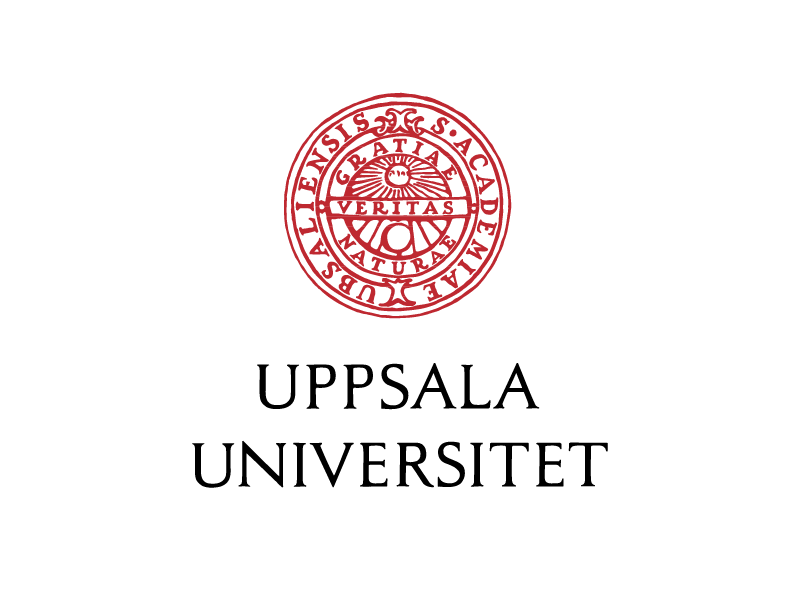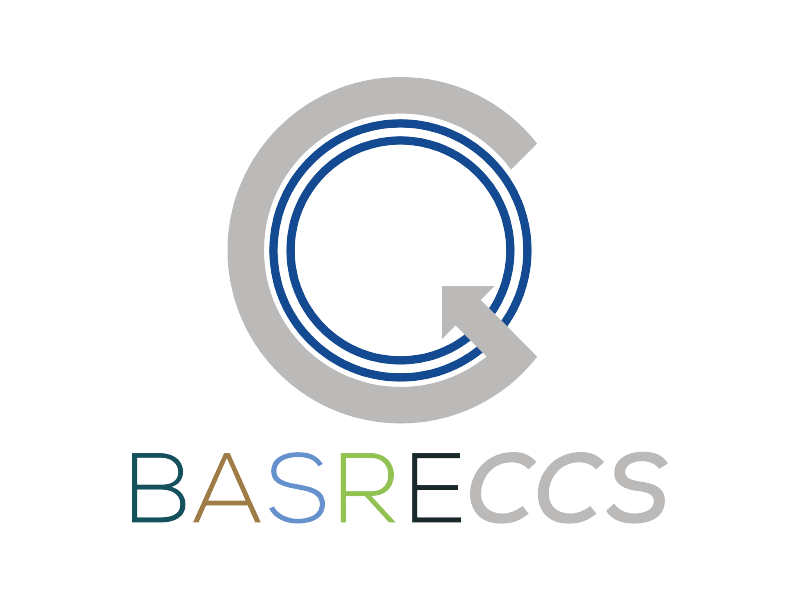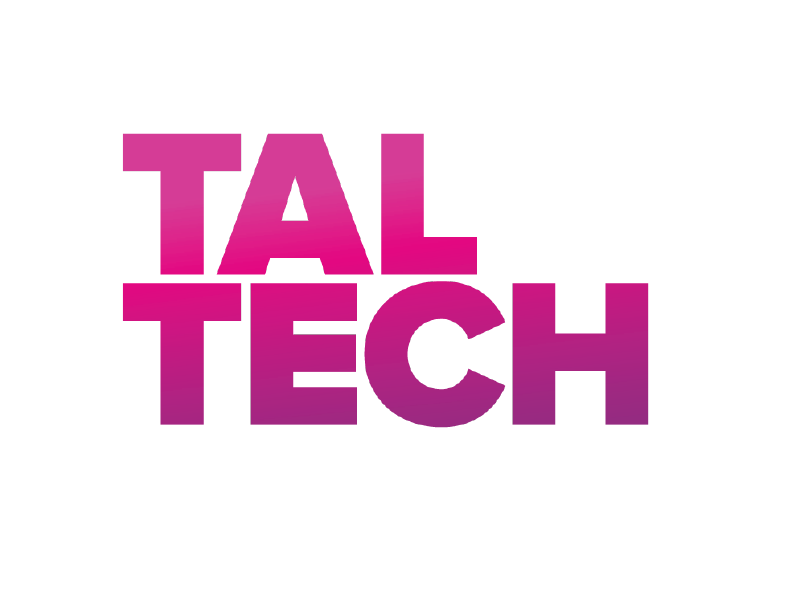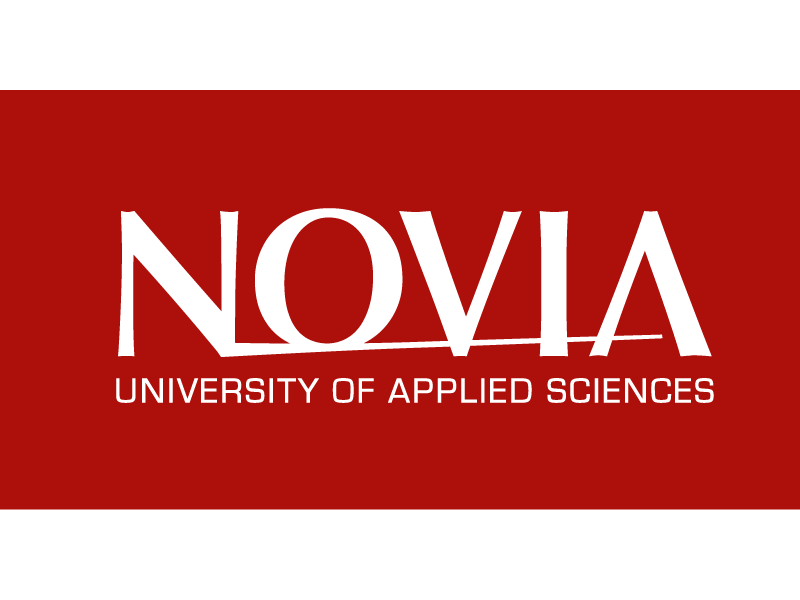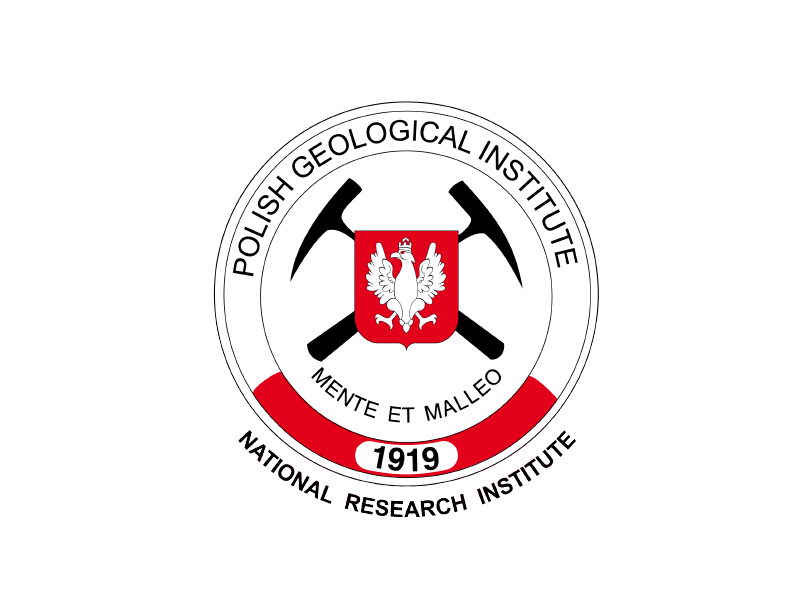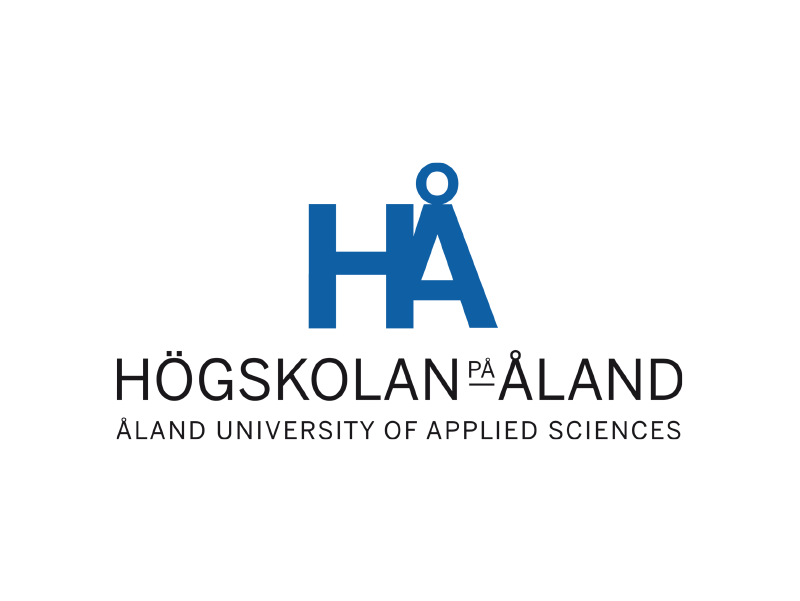Webinar on Financing CCUS on April 21, 2022
The webinar "Financing CCUS", organized by our RouteCCS project team and funded by The Swedish Institute, provided an opportunity to hear from a range of relevant and interesting speakers from Nordic Investment Bank, European Commission, the Networking Group on Carbon Capture, Use and Storage (NGCCUS), The Swedish Energy Agency, Aker Carbon Capture and The Netherlands Enterprise Agency presenting the ACT initiative.
Please see the agenda here!
The webinar provided an insight into the funding and financing opportunities for CC(U)S projects, with a
special focus on the Baltic Sea Region. The topics discussed were: the current and future funding options in various markets where CC(U)S is being considered; the perception of CC(U)S in the financial
community; the potential roles and requirements of various financing sources, including banks and public
finance institutions; the interest and capacity of identified financing sources now and in the future, and other relevant topics.
00:00
Welcome by Monika Ivandic, Uppsala University, on behalf of the RouteCCS project team
01:00
Moderator: Mayur Pal, Kaunas University of Technology
01:01
Kersti Talving and Linn Sjoblom, Nordic Investment Bank, "NIB financing approach to CCUS"
01:02
Daniel Kitscha, European Commission, "EU support for CCUS deployments: The Innovation Fund"
01:03
Gerdi Breembroek, ACT, The Netherlands Enterprise Agency, "ACT – a successful transnational funding scheme"
02:00
Moderator: Farid Karimi, Novia University of Applied Sciences
02:01
Klara Helstad, Swedish Energy Agency, "De-carbonisation of industries – some Swedish examples"
02:02
Emil Yde Aasen, Aker Carbon Capture, "Accelerated decarbonisation of European industry"
02:03
Ane Gjengedal, The Networking Group on Carbon Capture, Use and Storage (NGCCUS), "Networking on CCUS - Added value to CCUS deployment"
Baltic Carbon Forum BCF 2022
Project phase: 2022
Funder: Nordic Council of Ministers through the Nordic Energy Research
Objective: The aim of the project is to prepare, arrange and report the BASRECCS regional conference “BCF
Baltic Carbon Forum 2022” which will be held in October. The BCF is part of BASRECCS’s long-term strategy
to foster large-scale development of Carbon Capture, Utilization and Storage (CCUS) in the Baltic Sea
Region, as a critical carbon dioxide reduction technology for climate change mitigation. The aim of the BCF
is to enable interested and engaged stakeholders to meet, discuss, share knowledge and experiences, and
develop projects. The BCF2022 will therefore invite relevant experts from the BSR countries, including
policymakers, financial institutes, industry representatives and academics for sharing experiences,
discussion and brainstorming to identify gaps for expediting the deployment of a large-scale CC(U)S project
in the Baltic Sea Region (BSR). The speakers will be invited to a) inform about the current situation
regarding the development of CC(U)S and related technologies in the BSR; b) present and discuss the
regionalization of ongoing and finalized projects; and c) present the ongoing and potential future
cooperation and networking on CC(U)S and related technologies.
Outcome: The Baltic Carbon Forum in the autumn online and/or onsite
Contact: BASRECCS rf
and the project
manager Assoc. Prof. Dr. Mayur Pal, Kaunas University of Technology, Lithuania,
Routing Deployment of CCUS in the BSR
Project phase: September 2020-April 2022
Partners: Uppsala University, BASRECCS, Tallinn University of Technology (TalTech), Polish Geological Institute-National Research Institute (PGI-NRI), Novia University of Applied Sciences, Åland University of Applied Sciences.
Funder: Swedish Institute
Objective: The overall aim is to strengthen networking on tackling climate change through technology such as Carbon Capture, Use and Storage (CCUS) in the Baltic Sea Region (BSR) between stakeholders such as authorities, companies, universities and experts in order to facilitate deployment of a large-scale CCUS project. Full-scale CCUS projects play a vital role in meeting the objectives of the Paris Agreement and in mitigating climate change.
Outcome: The outcome of the seed funding project will be a review and update of the current situation in the BSR countries concerning the whole chain of CCUS including regulations, the detailed plan for the next steps, and a list of the most potential funding sources.
Contact: Monika Ivandic,
, Uppsala University, Sweden

